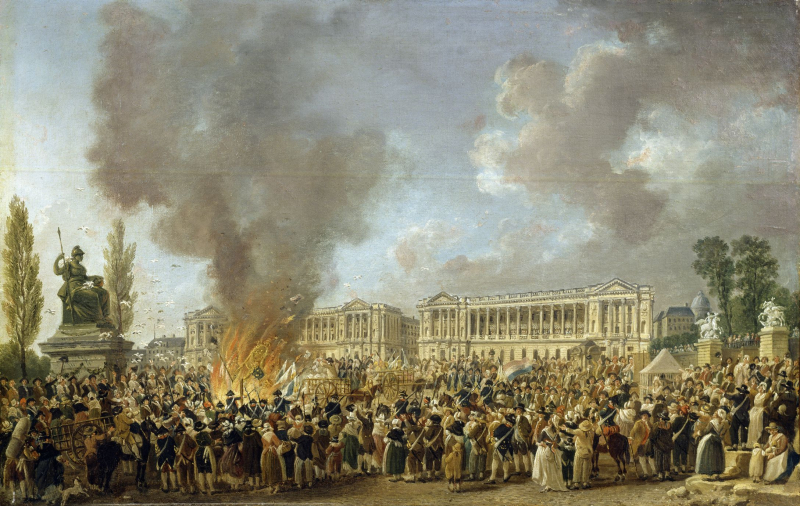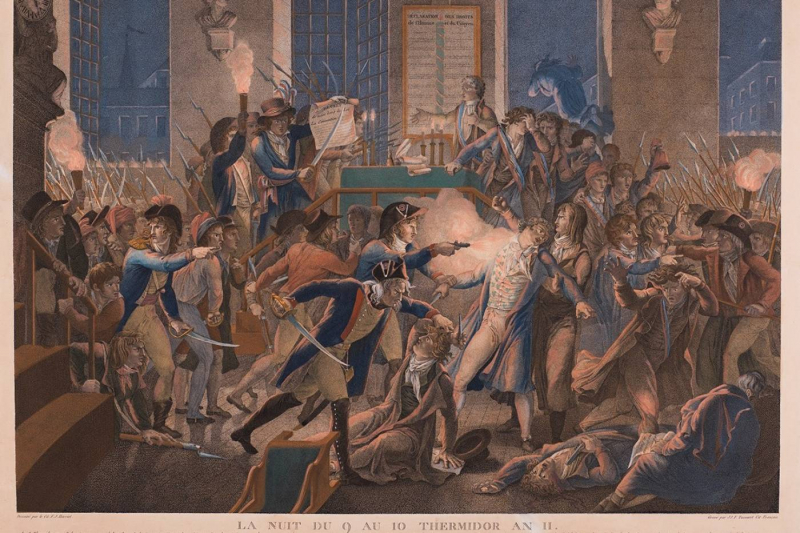The Terror
It is now obvious how significantly the French Revolution affected the history of the French Empire. Given that France only attained the pinnacle of her imperial power in the years immediately following the revolution, it may be said that this is the history of the French Empire.
On the other side, the execution of Louis XVI by the guillotine in January 1793 served as a major catalyst for the 1789 revolution, which also strengthened the forces of royalty and royalism. The Reign of Terror, the government of France's bloodiest period up to that point, resulted from the event's further radicalization of a portion of the government that was already extremist.
For conduct, they believed to be opposed to the revolution, the Robespierrists, a violent Jacobin party inside the National Assembly, murdered more than 40,000 people without a trial starting in September. Although precise figures are difficult to ascertain because of the conflict's fog of war, between 300,000 and 500,000 people were detained throughout Paris.
It continues to be one of the most contentious episodes in French history and revolutionary ideology, and it would significantly influence events in France and the rest of Europe in the ensuing decades. For starters, it would severely diminish the French Revolution's appeal among the more conservative segments of European society by associating pictures of slaughter and heinous murder with its comparatively egalitarian and progressive beliefs.
Date: 5 September 1793 - 27 July 1794
Location: First French Republic
Organised by: Committee of Public Safety












